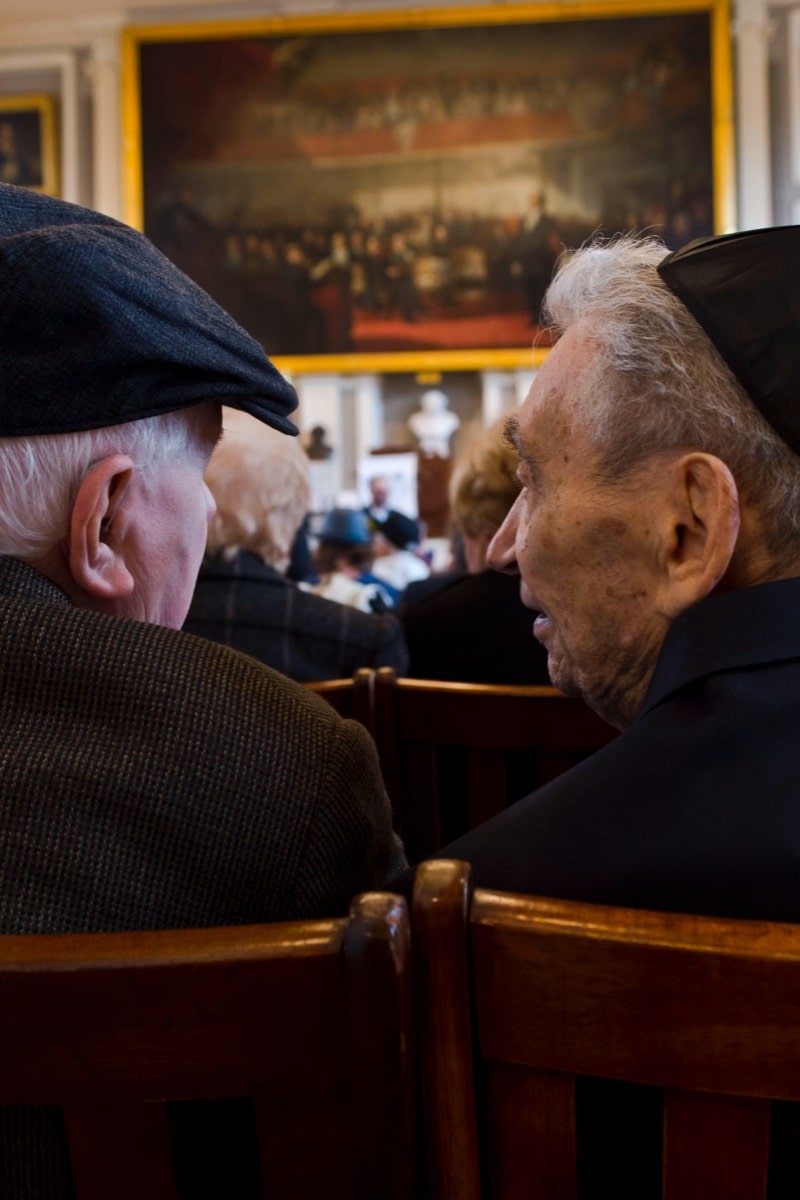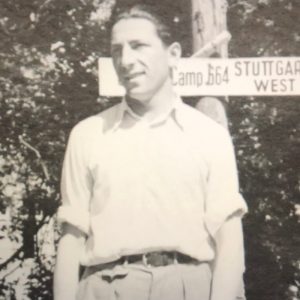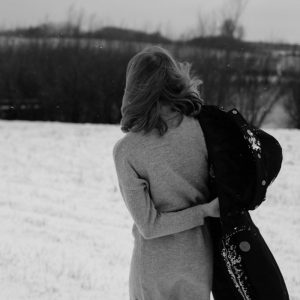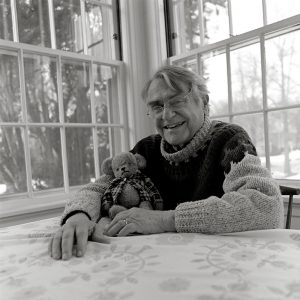
Survivor Stories
The voices of witnesses and survivors of the Shoah (“Holocaust” in Hebrew) atrocities help us comprehend how inhumanity stems from the seeds of prejudice. Inscribed in the glass panels at the base of the Memorial’s towers are these statements, which reflect a range of survivors’ and resisters’ personal experiences.
-
“I remember stooping down and picking up a piece of something black near the crematorium. I realized it was a bone. I was going to throw it down again, and I thought, my God, this may be all that’s left of someone.”
“So I wrapped it up and carried it with me. A couple of days later, I dug it out of my pocket and buried it.”
George Kaiser
Participated in the Liberation in 1945
Auschwitz-Birkenau
-
“Some Catholics, including Father Amyot, invited me to join them in prayer. Seven or eight of us gathered, secretly of course, in the shed used as a lavatory.”
“In prayer we laid before God our suffering, our rags, our filth, our fatigue, our exposure, our hunger and our misery.”
Aime Bonifas
French resistance fighter, later became Pastor of the Reformed Church of France
Auschwitz-Birkenau
“Transports arrived every day, mainly from Poland, but also from other European countries—Germany, Austria, Czechoslovakia, and others. In one transport there was a Ukrainian woman. She possessed documents that proved that she was a genuine Aryan, and yet she went to the gas chamber.”
“Once you crossed the gate to the camp, there was no chance to get out of there alive.”
Chaim Hirszman
Metalworker imprisoned in the camps
Belzec
-
-
“I was assigned to work outside digging ditches. We dug in the freezing cold and rain, wearing only the thin, striped dresses issued to us. The ditches weren’t to be used for any particular purpose.”
“The Nazis were merely trying to work us to death. And many did die of sickness, cold, exhaustion, and starvation.”
Sally Sander
Dressmaker forced to make uniforms for German flyers
Belzec
“In one transport, people refused to be taken to the gas chambers. A tragic struggle developed. They destroyed everything in sight and broke the crates filled with gold taken from the prisoners. They grabbed sticks and anything they could get their hands on to fight.”
“But the guards’ bullets cut them down. When morning came, the yard was still full of the dead.”
Jacob Wiernik
Construction worker forced to build gas chambers
Treblinka
-
“I was chosen to work as a barber outside the gas chamber. The Nazis needed the women’s hair. They told us, ‘Make the women believe that they are just getting a haircut.’
“We already knew it was the last place they went in alive.”
Abraham Bomba
Barber who escaped the camps and survived in hiding
Treblinka
-
“From our barracks we could see the gas chambers. A heart-rending cry of women and children reached us there. We were overcome by a feeling of helplessness. There we were, watching and unable to do anything.”
“We had already worked out a plan of escape. But at that moment I decided—we must not simply escape. We must destroy the fascists and the camp.”
Alexander Pechersky
Captured Russian soldier who led the camp prisoner revolt
Sobibor
“Ilse, a childhood friend of mine, once found a raspberry in the camp and carried it in her pocket all day to present to me that night on a leaf.”
“Imagine a world in which your entire possession is one raspberry and you give it to your friend.”
Gerta Weissman Klein
Deported from Germany as a teenager, she later married the U.S. Army soldier who led the troops that rescued her
Sobibor
-
“My younger sister went up to a Nazi soldier with one of her friends. Standing naked, embracing each other, she asked to be spared. He looked into her eyes and shot the two of them.”
“They fell together in their embrace—my sister and her young friend.”
Rivka Yosselevscka
Young mother who witnessed the murder of her entire family
Chelmo
-
“At first the bodies weren’t burned, they were buried. In January 1944, we were forced to dig up the bodies so they could be burned.”
“When the last mass grave was opened, I recognized my whole family—my mother, my sisters and their kids. They were all in there.”
Motke Zaidel
Deported from Lithuania and forced to work the death detail
Chelmo
“When my parents were sent off to the camp, I gave my good shoes to my father because I thought he’d need them if he did physical labor. When I saw my mother for the last time, I hugged her and said I hoped she didn’t have to work too hard.”
“I never dreamed they’d be dead within such a short time of their departure.”
Jack Polack
Captured by the Nazis in Amsterdam
Majdanek
-
“Nothing belongs to us anymore. They have taken away our clothes, our shoes, even our hair. If we speak, they will not listen to us. And if they listen, they will not understand. They have even taken away our names. My number is 174517. I will carry the tattoo on my left arm until I die.”
Primo Levi
Chemist captured in Italy while trying to join the partisans, he became an author after the war
Majdanek



